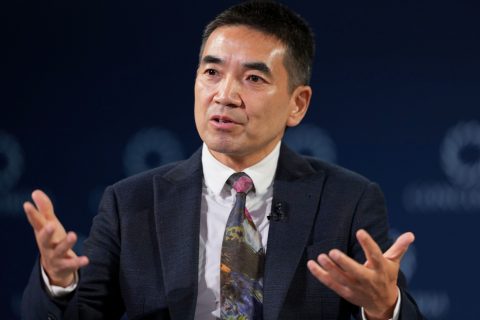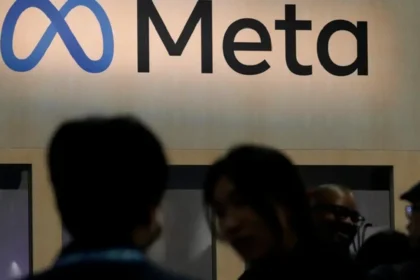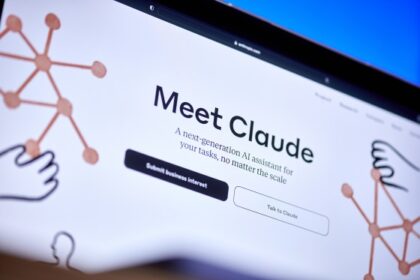Zoom CEO Eric Yuan has issued a bold prediction about the future of work suggesting that artificial intelligence will soon allow employees to work just three or four days per week. Yuan believes AI tools like chatbots and digital agents will dramatically reduce repetitive tasks and meetings that currently consume much of people’s time.
In an interview with The New York Times, Yuan asked a provocative question: If AI can make our lives better, why cling to a five-day workweek? He argued that many companies will see shorter workweeks as a natural outcome of increased efficiency and automation.
Yuan also warned that while AI will create newer roles, certain job functions are at risk. Entry-level engineering jobs, for instance, may decline as AI begins to write code. Yet new roles will emerge, especially around managing AI output and overseeing digital agents.
Other tech leaders share Yuan’s view. Bill Gates said earlier this year that AI might soon allow people to work fewer days per week because many tasks will be handled by machines. Jensen Huang of Nvidia has expressed similar optimism about shorter weeks.
Zoom itself is pushing forward. The company is rolling out AI-powered capabilities like real-time meeting summaries, intelligent scheduling, and virtual assistants to reduce wasted time. Yuan’s message is clear: the future of work is changing fast and companies need to rethink how they measure productivity — not by hours logged but by results delivered.
The shift could have massive implications for job security, work-life balance, and economic structure. As Yuan and others raise expectations, debates grow about which industries will benefit, which workers may be left behind, and how society adjusts to reduced hours with similar or greater output.










